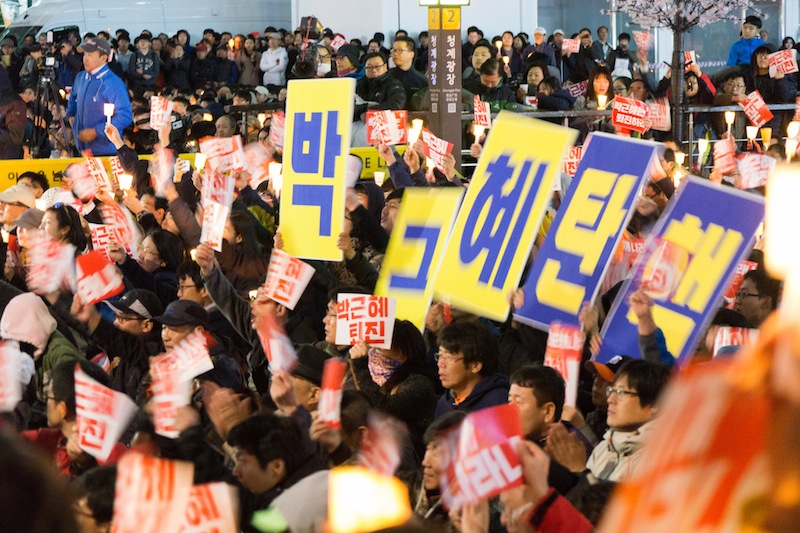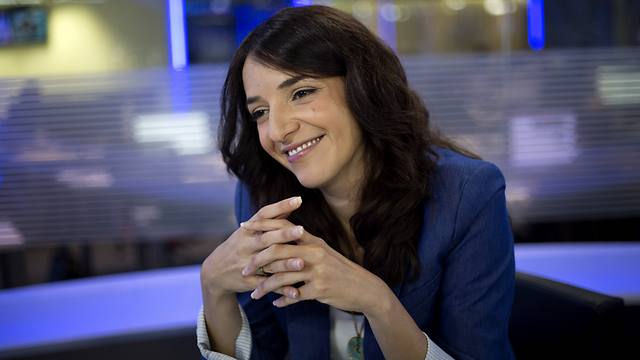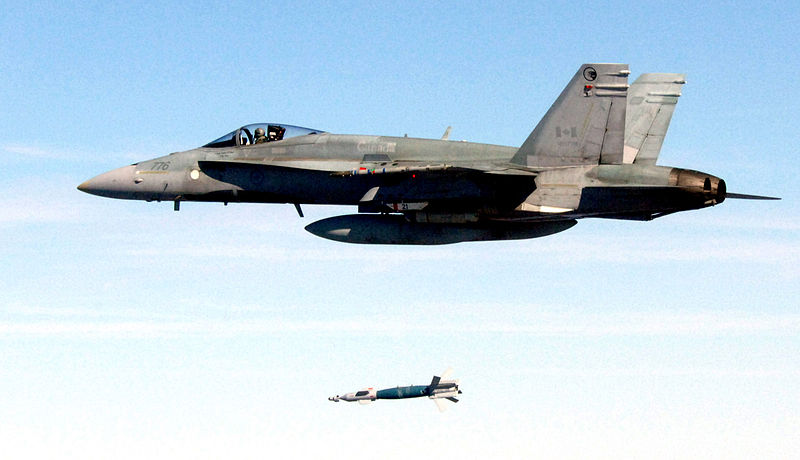It is a cool spring morning as the polls open at David & Paula Ben-Gurion Elementary School in Southern Jerusalem. The few pedestrians outside stroll along the hilly residential boulevards, going about their morning business, happy at the lack of traffic on what most Israelis consider a day off. The tranquil scene is interrupted by the sound of police sirens, giving way to a long motorcade, with a sedan carrying the neighborhood’s most famous resident. Benjamin Netanyahu emerges to cast what may be his final vote as Prime Minister of Israel.
It has been a whirlwind few weeks here in Israel, which have seen the Prime Minister in a very public spat with the President of the United States over nuclear talks with Iran. If Netanyahu intended to use John Boehner’s invitation to speak before Congress for political purposes, it is a gamble that does not seem to have paid off, as Netanyahu’s party has trailed slightly in the polls to the Herzog-Livni coalition party, The Zionist Union. While many in Israel condone or even applaud the PM’s remarks before Congress, most in Israel still view the relationship with the United States as highly valuable, and fear that the PM may have inserted himself into US domestic political squabbles.
“I agree with what (Netanyahu) said, but I don’t agree with the timing”, said former Israeli Ambassador to the U.S., Michael Oren, at an English-speaking debate held in Jerusalem’s Great Synagogue last Saturday, echoing earlier comments. “He could have waited for a week after the elections, it still would have been before the March 24 deadline (on nuclear talks)”. Michael Oren is a rising star in Moshe Kahlon’s Kulanu Party, which has yet to state which party it would enter into a coalition with.
Though security and the Iranian threat have, by no means, been unimportant in these elections, the most prominent issues have been domestic. These include job security (especially for youth), the price of housing, social security for seniors, and income inequality, which has reached levels nearly proportional to the United States.
Further plaguing the Netanyahu camp is the recent release of documents indicating far-reaching concessions made by Netanyahu during last spring’s round of peace talks with the Palestinians, thereby damaging his credibility with the Israeli right wing. Netanyahu has sought to shore up his hawkish support in the final days of the campaign, declaring on Monday that “If I am elected, there will not be a Palestinian State”, reversing his previous position. In a video on his Facebook page on the day of the elections, Netanyahu made a final appeal to voters: “The government right is at stake. Arab voters are coming out to the polls in droves. Left wing organizations are busing them out… Bring out your family, your friends, and help close the gap between us and Labour.”
 The final days of this campaign have seen similar appeals by other hawkish ministers who have served in Netanyahu’s cabinet. At a campaign stop on Monday at the Wailing Wall, Naftali Bennet, leader of Beit Yehudi (Jewish Home party) declared, after praying and kissing one of the holiest sites in the Jewish religion: “This day, I’m telling everyone in Israel, you have to believe in the righteousness of your path. Be stubborn and don’t give up.” Bennett’s time has been characterized by tension between himself and Netanyahu, particularly over the latter’s handling of last summer’s war in Gaza. Bennett has run on a platform of abandoning the two-state solution.
The final days of this campaign have seen similar appeals by other hawkish ministers who have served in Netanyahu’s cabinet. At a campaign stop on Monday at the Wailing Wall, Naftali Bennet, leader of Beit Yehudi (Jewish Home party) declared, after praying and kissing one of the holiest sites in the Jewish religion: “This day, I’m telling everyone in Israel, you have to believe in the righteousness of your path. Be stubborn and don’t give up.” Bennett’s time has been characterized by tension between himself and Netanyahu, particularly over the latter’s handling of last summer’s war in Gaza. Bennett has run on a platform of abandoning the two-state solution.
“We will be united, and worry about protecting Netanyhau and a national, social, strong government”. –Naftali Bennett, speaking in Jerusalem
The two of them were the keynote speakers at a massive pro-government rally in Tel Aviv’s Rabin Square last Sunday, which featured a guitar-strumming Bennett leading the audience in singing “Yerushalayim shel Zahav” (Jerusalem of Gold) to a crowd of thousands, and Netanyahu vowed to never pullout settlements. The rally was partly a response to a massive anti-government rally held the previous week, where the keynote speaker was ex-Mossad Chief Moshe Dagan, a long-time critic of Netanyahu’s stance on the Iranian talks.
Polls are giving a slight edge to the Zionist Union, led by former Minister of Justice and Foreign Affairs Minister Tzipi Livni, and Isaac Herzog, who has held positions as Minister for Welfare, of Housing, of Tourism, and of Diaspora Services. Herzog, who will serve as Prime Minister should his new party form a coalition, is the son of a former Israeli President and grandson of a former Chief Rabbi, and has been called “Israel’s Kennedy” by supporters. Detractors, on the other hand, consider him a political lightweight, outshone by his more experienced, yet less popular partner, Livni, who only this week waived her right to assume the Premiership in the second half of a Zionist Union term. The party’s platform calls for a “demilitarization” of the West Bank, though it is unclear as to exactly what that means. It can be said, however, that a Zionist Union victory would mean a thawing of the relationship between the Israel and the White House.
Also on the roster is the Arab list, a joining of disparate Arab parties into one unified bloc. It is unclear whether they would be part of any coalition government.
Despite the fact that his party has trailed in the polls in recent weeks and may win slightly fewer seats, Netanyahu should not be counted out. Under the Israeli system, power is assumed by the leader who can best form a coalition with other smaller parties. That process may take as much as eight weeks to unfold, and the number of right-leaning seats in the Knesset may give the edge that Netanyahu needs. A Netanyahu victory would continue to complicate the relationship with the Obama White House, and particularly with Secretary of State John Kerry, who has been interested in another attempt at a peace settlement.




